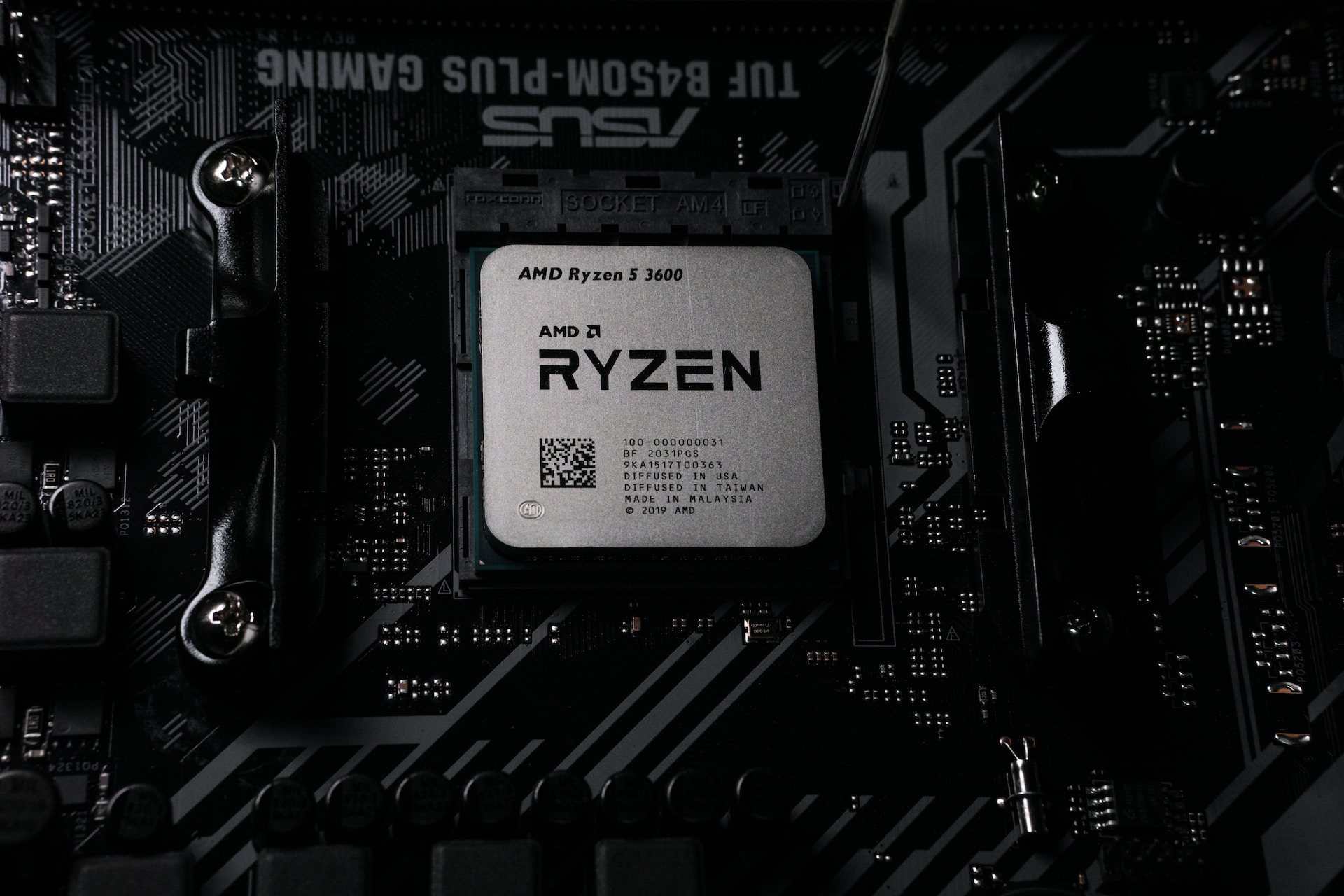In the world of technology, advancements in computer processors are constantly being made, and two companies that have been at the forefront of this competition are AMD and Intel. Over the years, both companies have introduced new generations of processors that have redefined the capabilities of personal computers. In this article, we will examine the newest generation of processors from AMD and Intel and compare them in terms of performance, features, and value.
Performance
The most critical aspect of any processor is its performance, and both AMD and Intel have made significant strides in this regard with their newest generation of processors. AMD’s Ryzen 5000 series processors are based on their Zen 3 architecture and offer impressive performance in single-core and multi-core tasks. The Ryzen 9 5950X, for example, is the top-of-the-line processor in this series, and it features 16 cores and 32 threads, making it a powerhouse for multi-threaded workloads like video rendering and 3D modeling.
On the other hand, Intel’s 11th Gen processors, also known as Rocket Lake, are based on their Cypress Cove architecture and offer strong single-core performance. The Intel Core i9-11900K, which is their flagship processor in this series, has eight cores and sixteen threads and offers impressive gaming performance thanks to its high clock speeds.
Features
In terms of features, both AMD and Intel have made significant improvements in their newest processors. AMD’s Ryzen 5000 series processors support PCIe 4.0, which allows for faster data transfer rates between components like graphics cards and storage devices. Additionally, the Ryzen 5000 series processors also support AMD’s Smart Access Memory technology, which allows the CPU to access the entire VRAM of the graphics card, providing a performance boost in games that use high-resolution textures.
Intel’s 11th Gen processors also support PCIe 4.0, but they also offer Thunderbolt 4 support, which allows for faster data transfer rates and daisy-chaining of devices. Additionally, the Intel 11th Gen processors feature Intel’s Xe integrated graphics, which provide decent gaming performance without the need for a separate graphics card.
Value
When it comes to value, AMD’s Ryzen 5000 series processors offer a more affordable option for consumers who need a powerful processor. The Ryzen 9 5900X, for example, offers 12 cores and 24 threads for a price that is lower than the Intel Core i9-11900K, which only has 8 cores and 16 threads.
However, Intel’s 11th Gen processors offer strong single-core performance, which is beneficial for tasks like gaming, and they also offer more budget-friendly options. The Intel Core i5-11600K, for example, has six cores and twelve threads and is priced lower than the Ryzen 7 5800X, which only has eight cores and 16 threads.
Conclusion
In conclusion, both AMD and Intel have made significant improvements in their newest generations of processors. AMD’s Ryzen 5000 series processors offer impressive multi-threaded performance and support for PCIe 4.0 and Smart Access Memory technology. Intel’s 11th Gen processors offer strong single-core performance and Thunderbolt 4 support. Ultimately, the choice between the two will depend on the specific needs and budget of the consumer.











